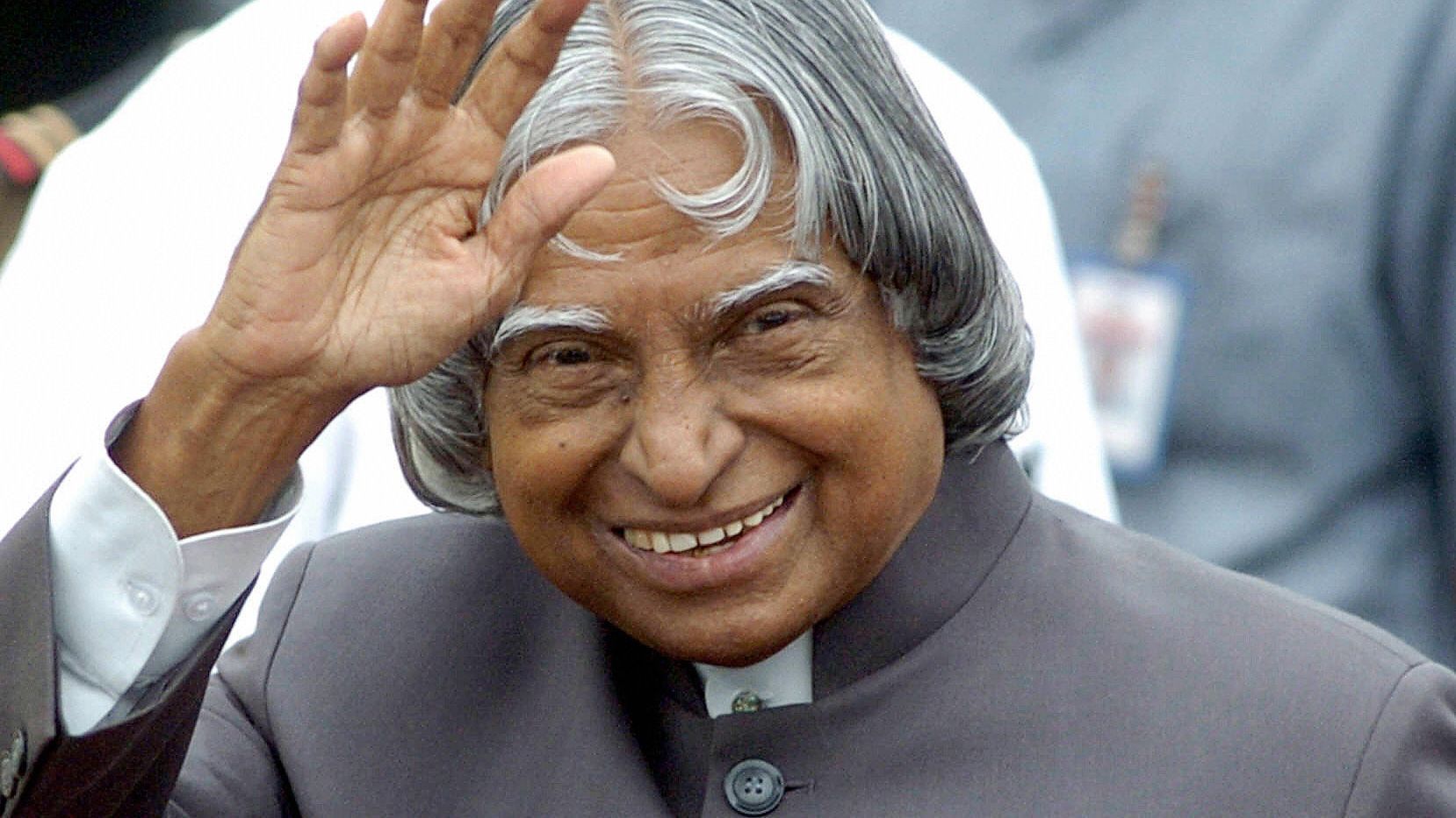
APJ Abdul Kalam
News and Biography

APJ Abdul Kalam
Avul Pakir Jainulabdeen Abdul Kalam (October 15, 1931 – July 27, 2015) was an Indian aviation pioneer, researcher, and legislator who filled in as the eleventh leader of India from 2002 to 2007.
| Abdul Kalam | |
|---|---|
Born | 15 October 1931 |
Citizenship | Indian [1] |
Occupation | Aerospace Scientist, Author |
Death | 2015(Died) |
| Education | |
| Religion | Islam |
Parent(s) | Jainulabiddin Marakayar, Ashiamma Jainulabiddin |
| Award | Bharat Ratna & more list |
| Project | Technology Vision 2020 |
✅He was brought up in Rameswaram, Tamil Nadu and concentrated on material science and aeronautic design.
✅He spent the following forty years as a researcher and scientist, executive, primarily at the Defense Research and Development Organization (DRDO).
✅The Indian Space Exploration Association (ISRO) and was very familiar with India’s regular citizen space program and military rocket advancement efforts.
✅He hence came to be known as the “Rocket Man of India” for his work on the advancement of long-range rockets and launch vehicles, technology.
✅He likewise played a crucial hierarchical, specialized, and political job in India’s Pokhran-II atomic tests in 1998, the first since the first atomic test by India in 1974.
✅Kalam was chosen as the eleventh leader of India in 2002, fully backed by both the decision and the Bhartiya Janata Party.
✅He then-opposition Indian Public Congress Broadly alluded to as “Individuals’ Leader,” he got back to his after a single term, non-military personnel lives in instruction, composition, and public service.
✅In 1969, Kalam was moved to (ISRO), where he was the undertaking the India’s most memorable satellite launch vehicle (SLV-III) which successfully transported the Rohini satellite in July 1980.
✅On July 27, 2015, at the age of 83, he died of heart failure.
✅Thousands, including public dignitaries, went to the burial service. The function was held in his old neighborhood of Rameswaram, where he was covered with full state honors.
© 2026 EntrepreneurSaathi.Com - All Rights Reserved.